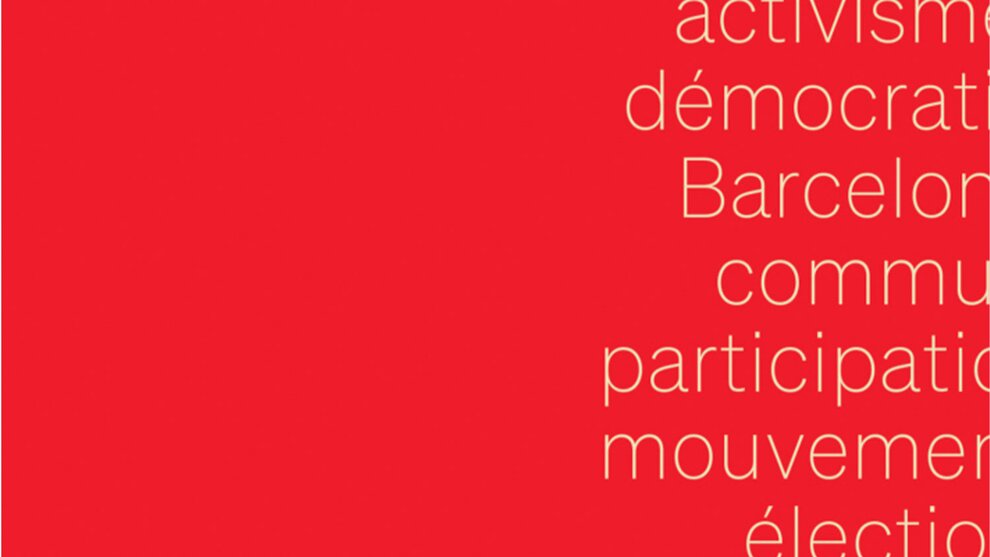Redefining Progress in Light of the Ecological Crisis

This text is drawn from a talk given on October 2 on the occasion of the inauguration of the chair in “Ecological Reconversion, Work, Employment and Social Policy” at the Collège d’Études Mondiales, in collaboration with the University of Paris-Dauphine. It is the first draft of a text that will be published as a book in the first trimester of 2013. The author wishes to thank Michel Wieviorka, the members of the Forum Pour d’Autres Indicateurs de Richesse (FAIR), the seminar on “sustainable policies for prosperity,” and the Veblen Institute, which realised the translation into English of this text. This text is also published as a note by the Institut Veblen in both languages.
Translated from French by Michael C. Behrent
This paper presents the main arguments from the inaugural lecture delivered at the opening of the chair “Ecological Reconversion, Work, Employment and Social Policies”, established at the Collège d’Etudes Mondiales set up by the Foundation Maison des Sciences de l’Homme, Paris, in cooperation with the University Paris-Dauphine. Though they do not like being dependent on the hypotheses or results of research in the natural sciences, the humanities and social sciences now face the challenge of addressing the radical changes that the former have revealed to us: first, to understand how human beings turned themselves into veritable geological agents capable of destroying the planet’s habitable character; second, to measure the extent to which we can trust traditional disciplines to define the contours of the world in which we aspire to live; and finally, to shed light on possible solutions to what we can now see is far greater than a mere crisis. Dominique Méda examines here the reasons why production has become the primary context in which expression occurs in modern society and why gross domestic product has become main criterion for measuring achievement, before reflecting on what the stakes are of developing new ways of representing “what matters.”





